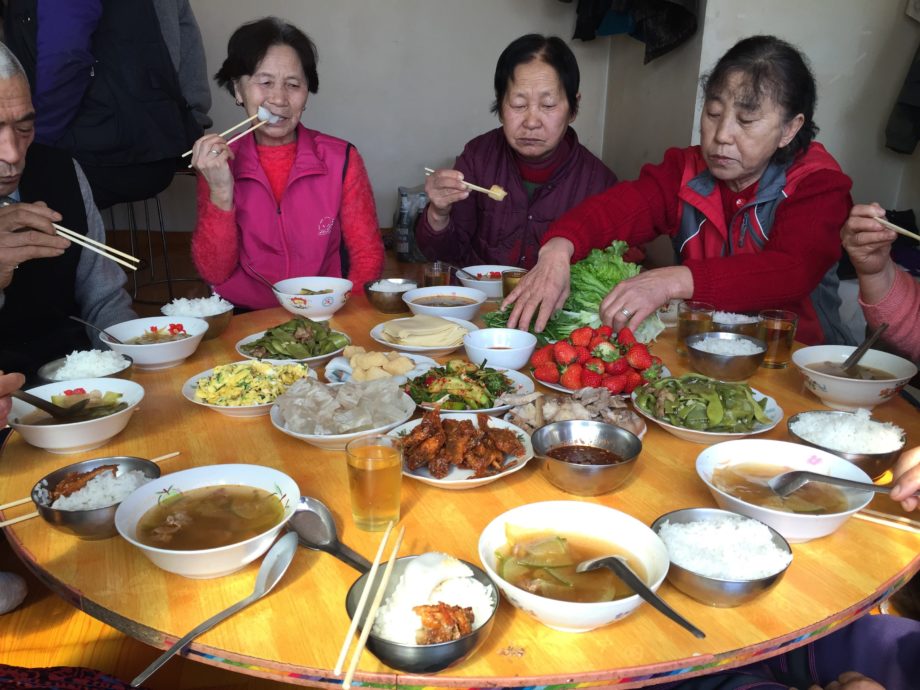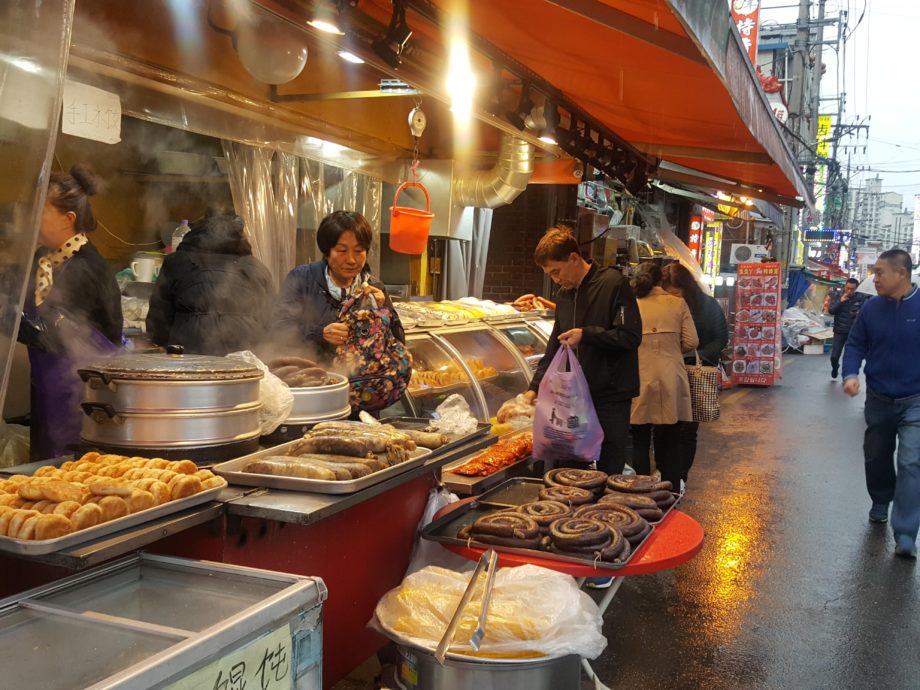Belonging in Migration
Korean Chinese as International Laborers
Current Research Situation
My proposed fieldwork should be conducted in Seoul, South Korea, since this summer, and it should last for approximately 10 months. Due to the pandemic situation, I have postponed my fieldwork schedule to March 2021 (to be finished by the end of 2021). At the same time, I will be a visiting scholar of the department of anthropology at Yonsei University in Korea, so that they can issue me a visa. However, they will not invite me until the pandemic situation has been much better. Moreover, it seems that the second wave of pandemic has started in Europe recently. Therefore, even if I am planning to enter Korea next March, I am still not sure whether I can physically arrive in my field site.
Research Topic
This project focuses on the feeling of belonging in transnational migration. The work investigates Korean Chinese workers born between the 1960s and the 1980s, and focuses on how they shape and strive for a sense of belonging during and after migrating from Northeast China to South Korea since the early 1980s.
Korean Chinese are ethnic Koreans who migrated from the Korean Peninsula in large scale after the 1910s, and have been living in Northeast China for a century as Chinese citizens. In the past three decades, over 600,000 out of 1.8 million Korean Chinese moved back to South Korea and made efforts to work for the so-called “3D jobs”: the difficult, dirty and dangerous work. They aim to achieve wealth accumulation and to raise their social status in their previous homeland, a country that they were both familiar with and estranged.
This research intends to find out how migrants negotiate a sense of belonging in the process of transnational migration in East Asia. To answer this research question, a ten-month anthropological fieldwork and qualitative research will be conducted. The fieldwork will consist of participant observation and in-depth interviews in Seoul, South Korea.

Image 1. Dinner on the Day of Lantern Festival. The picture was taken by the author Jingyi Li on 05 March 2015 when she was studying the left-behind Korean Chinese community in Jilin province, northeast China.

Image 2: Korean Chinese Running Restaurants in Daerim-Dong’s Chinatown, Seoul. Photo taken by David Lee. 10 May 2019.
Challenges in Methodology
Working on transnational migration and the concept of belonging requests a multi-sited study on both sending and receiving countries of migrants. I have already finished an eight-month fieldwork in Northeast China, the labor-sending area during my Master program. The future fieldwork in the labor-receiving society would be the second phase of this research. I shall focus on different types of social encounters and relationships, ways of maintaining connectivities (including their family ties, connections with the villages back in rural China, interactions with South Korean employers and colleagues), as well as migrants’ and hosts’ articulated feelings. I am scheduling to participate in key informants’ daily activities such as events held by local associations and organizations, church services, festival celebrations, everyday domestic labor, work at sites, official meetings, private meetings and conversations as well. Besides, I shall also look into local documents, archives, and statistics. The forms of the data should include field notes, journals, diaries, videos, sound recordings, photos, interview records, informants’ texts and letters, archives, and documents from local libraries and offices. The identification of informants includes: contacting the relatives and friends of my previous informants; visiting local Korean Chinese churches, organizations, and associations; visiting restaurants, sauna houses, and construction sites where most of the migrants work for; and asking for setting up by my former interlocutors in China to expand networks. I planned to have in-depth connection with 5 households for this qualitative study.
However, I may face difficulties and challenges to reach my informants and to join their group activities due to the pandemic restriction. I am wondering that if I could not attend their group activities and could not meet informants frequently, what would be the alternative choices for me to observe and interview them? If participant observation is not practical, will interviews alone be sufficient and reliable to gain my data? Would it be possible to conduct digital interviews in my case? What will be the restrictions of digital interviews and how can I overcome such problems?
Potential Solutions
If I would not be able to enter Korea as scheduled, I am considering doing online interviews with my informants in the first couple of months. Because I have already known some migrant workers when I was conducting my fieldwork in the master program, and I am still in contact with them, it is possible for me to have some online conversations (through Skype). I may be able to gain some basic information of their daily life in Korea, and I can also have some life story interviews which requests long conversations. This process may take one to two months. After that, I will see if I would have any possibility to enter Korea. However, if most of my fieldwork data will be got by interviews, how can I justify the validity of my research? I believe that discussing the similar topics with other scholars will help me to have more valuable thoughts and ideas.
Written on 03 October 2020
I am Jingyi Li, a second-year PhD student majoring in anthropology, in Graduate School of East Asian Studies, Free University of Berlin. I came from Shanghai China. My research interests include transnational migration, belonging, ethnicity, and East Asia. Email: mayjingyi@gmail.com































